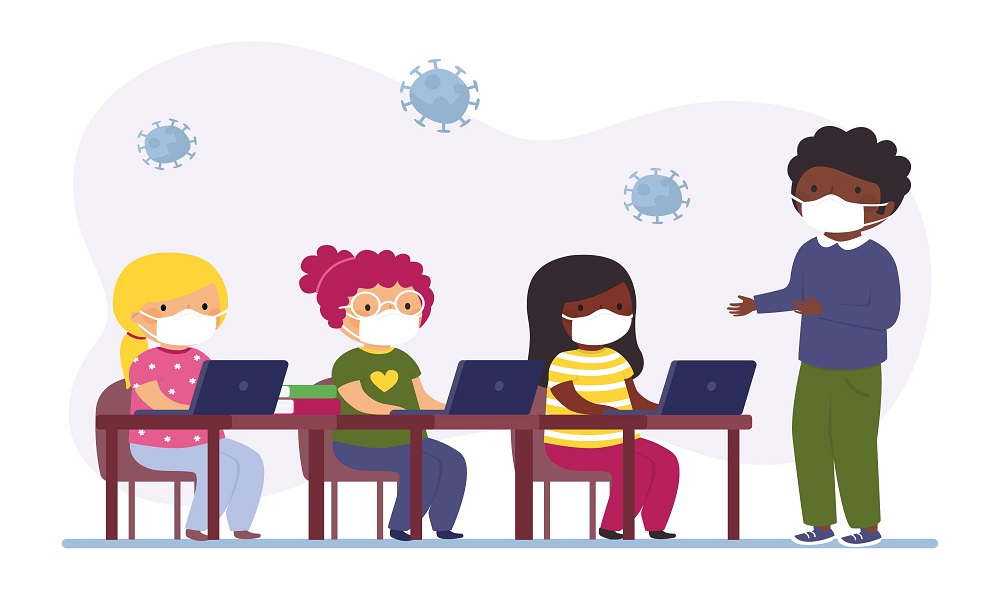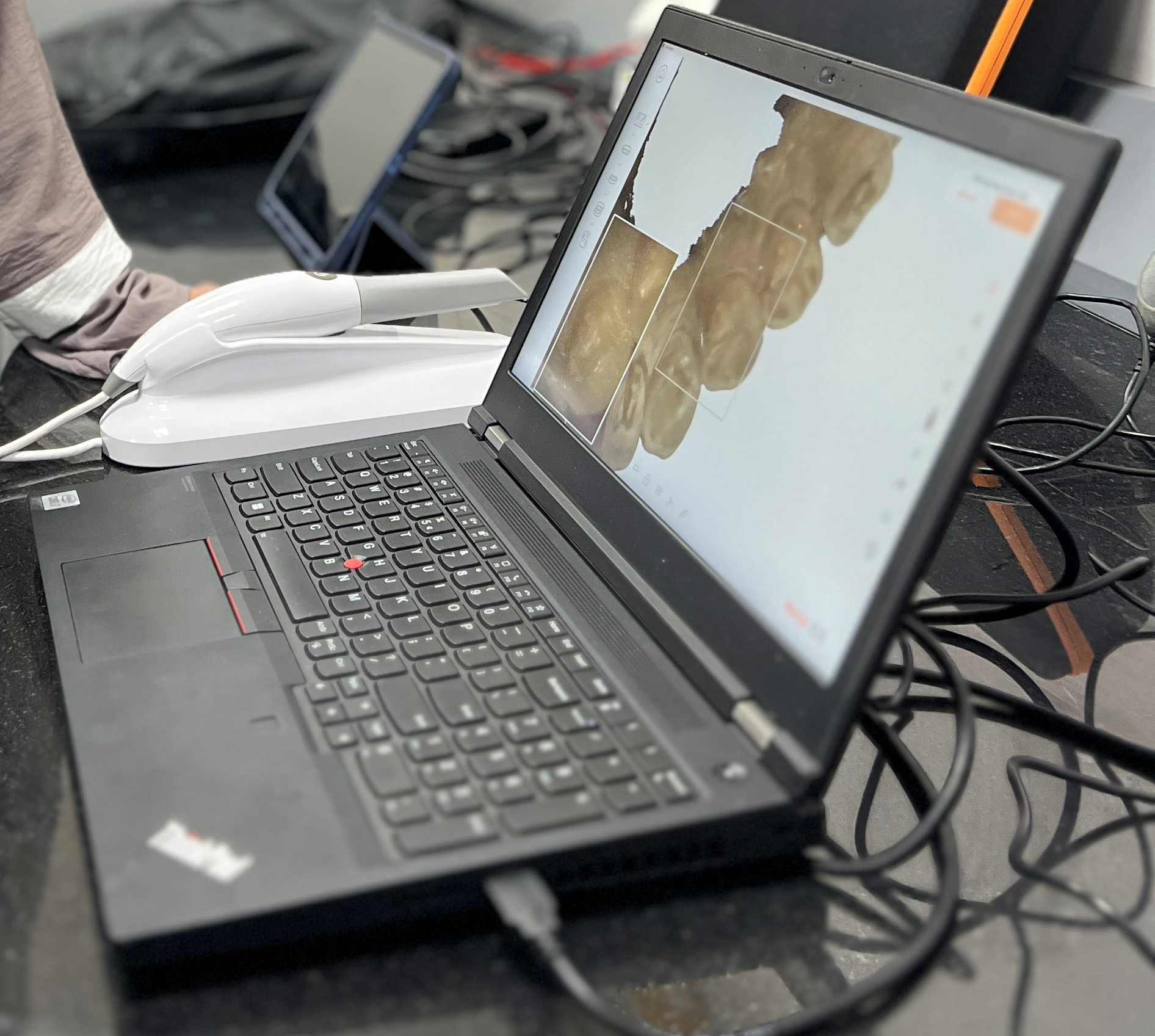Within a few weeks of the outbreak of Coronavirus, the COVID-19 has changed the lives of the around 40 crore students studying at various educational institutions like schools, colleges and universities in India. As the coronavirus started spreading rapidly in our country, all the educational institutions were instructed to be shut by the government from mid-March, just a few days before the announcement of the exemplary 21-day lockdown in India.
Millions of students worldwide are experiencing the effects of rapid and unanticipated digitization of their entire education system, including their classrooms, study material and their newly found tech-savvy teachers. The education system has been pushed towards a change as the COVID-19 outbreak has catalysed many innovative methods of teaching in a relatively short period of time. This reflects the tremendous capacity of the society to evolve, transform and adapt to any adverse situation.
Though online schooling and education through personal tablets and cloud-based online learning might be a norm for students in countries like the US, China, Japan, a few European countries, Indian students have the traditional face-to-face teaching instilled into their lifestyle. These school and college students deserve to be applauded as they are have been able to habituate themselves to the learning outside the classrooms.
In India, the schools provide a divine and friendly connection with the teachers, adherence to fixed dress codes, discipline and scheduled itinerary since the times of Ramayana and Mahabharata, which we are following even today. This reflects upon by the words of some students at our university who say that ‘We understand a topic because it was taught by the teachers to whom we connect with’.
However, this worldwide lockdown to fight the COVID-19 pandemic has taught the students save a lot of time, money and energy as they attend the lectures online in their pajamas at the comfort of their home. So, the question is, are we heading towards an era of online schooling? Are our students and teachers ready for this newer model of teaching? This unprecedented situation dwelling in the present times has taught us that learning can happen anywhere, anytime.
The model of online teaching offers flexibility in schedules and study environment, reduced commuting cost, lesser social anxiety to the students. It may also benefit the educational institutions by easier student and staff management.
However, if we look at the adverse side, online education deprives us of the student-teacher bond, gives the students the opportunity to procrastinate and a responsibility of being a self -motivated active learner is thrown upon them (may give them freedom more than they can handle). Students trying to learn from rural areas are at an added disadvantage of poor internet services.
The youth of India has got an unparalleled capacity to adapt to unprecedented. The innovations in the education systems that have been recently implemented in the times of present outbreak should be continued even after the end of this crisis as an adjunct to the traditional teaching method. This would lead to a gradual acceptability of newer teaching methods among students. Online teaching, especially in rural areas is challenging because the internet services have to be improved along with the knowledge and proficiency of the students, parents and teachers to use digital platforms.
Author:
Dr. Nandini Mewada, Reader, Karnavati School of Dentistry (KSD), Karnavati University






